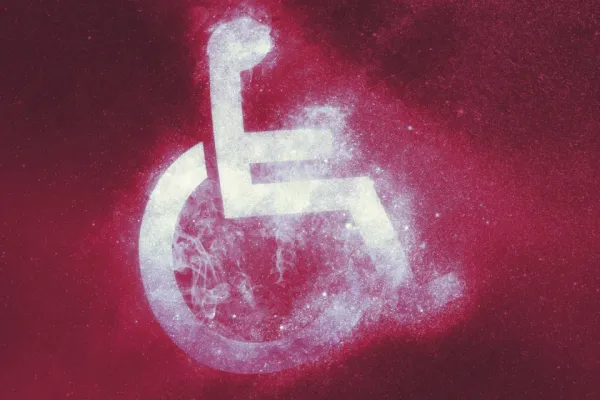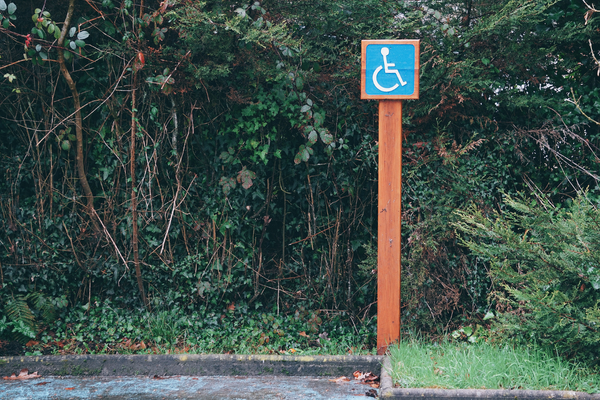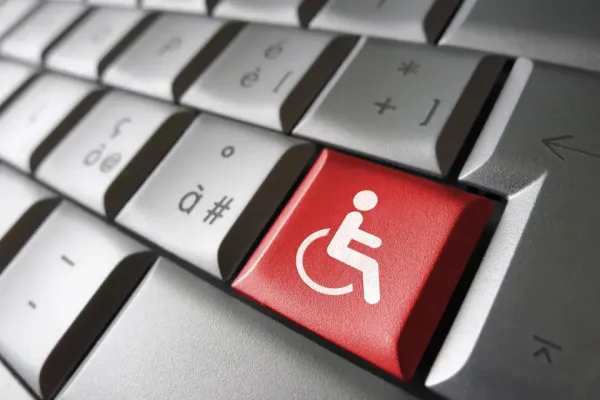Disability Thinking Weekday: 12/4/24
Milestones in "Assisted Dying"


Disability Thinking Weekday is moving!
As explained in the December 2 newsletter, we are moving from Substack to Ghost on January 1, 2025. I had asked for people to help me with the approximately $400 in moving expenses, by renewing their paid subscriptions early. Unfortunately, Substack doesn’t seem to allow this. So there are two options if you want to provide some extra support:
1. Click the link to make a one-time donation through Ko-Fi, or,
2. Wait until the move in January, and start a new annual membership then.
Either way, annual paid memberships will still be set at a discounted price of $40 through December and January.
Now, here are three more disability-related links for Wednesday, December 4, 2024.
1. MPs vote in favour of historic bill to allow assisted dying after emotional debate
Jenna Moon and Barbara Tasch, BBC - November 29, 2024
“The historic vote, by 330 in favour to 275 against, comes after five hours of passionate debate during which MPs shared personal stories, while those against the bill called for better end-of-life care”
2. What happens next after MPs’ vote in favour of assisted dying bill?
Kiran Stacey, The Guardian - November 29, 2024
“If the bill eventually becomes law, officials say the departments of health and justice will jointly oversee its implementation – a potentially thorny issue as the respective secretaries of state are both opposed to the change.”
Honestly, I am feeling a bit hopeless about the fight against legal assisted suicide, or Medical Aid In Dying, or assisted dying, or whatever. It seems like people are more aware now of the disability rights end justice arguments against it. They hear the concerns about non-terminal, disabled people feeling or actually being pressured into suicide, by persuasion or the pressures of finances and lack of support services. They hear the argument, but right now just don’t think it’s as important as an individual “right” to choose when and how to die. It may soon become easier in many or most countries for significantly disabled people to kill themselves than to get supports to live decently. But either people still don’t quite get the connection and significance of this, or they just don’t care — or don’t care enough to overrule their terror of being very sick or very disabled. Clearly, legal arguments and administrative hurdles remain, including in the UK. It’s not all over yet. But right now if feels a lot closer to a done deal, for all of us.
3. Diane Coleman, Fierce Foe of the Right-to-Die Movement, Dies at 71
Clay Risen, New York Times - November 22, 2024
“Gifted with a dark sense of humor, in 1996 she founded a group called Not Dead Yet, a reference to a memorable scene in the movie “Monty Python and the Holy Grail” in which a man tries to pass off an infirm — but very much alive — relative to a man collecting dead bodies.”
Losing Diane at any time would have been sad and tragic, for those who knew her and for broader disability communities. To lose her right now seems even harder to take. The messages and arguments she championed are becoming more widely understood. But the movement to make suicide more legal and easier to obtain seems to be winning most of the formal battles. Of course, Diane was never a solo activist. And her friends and colleagues will continue the fight for all of us who are very much “not dead yet.”



